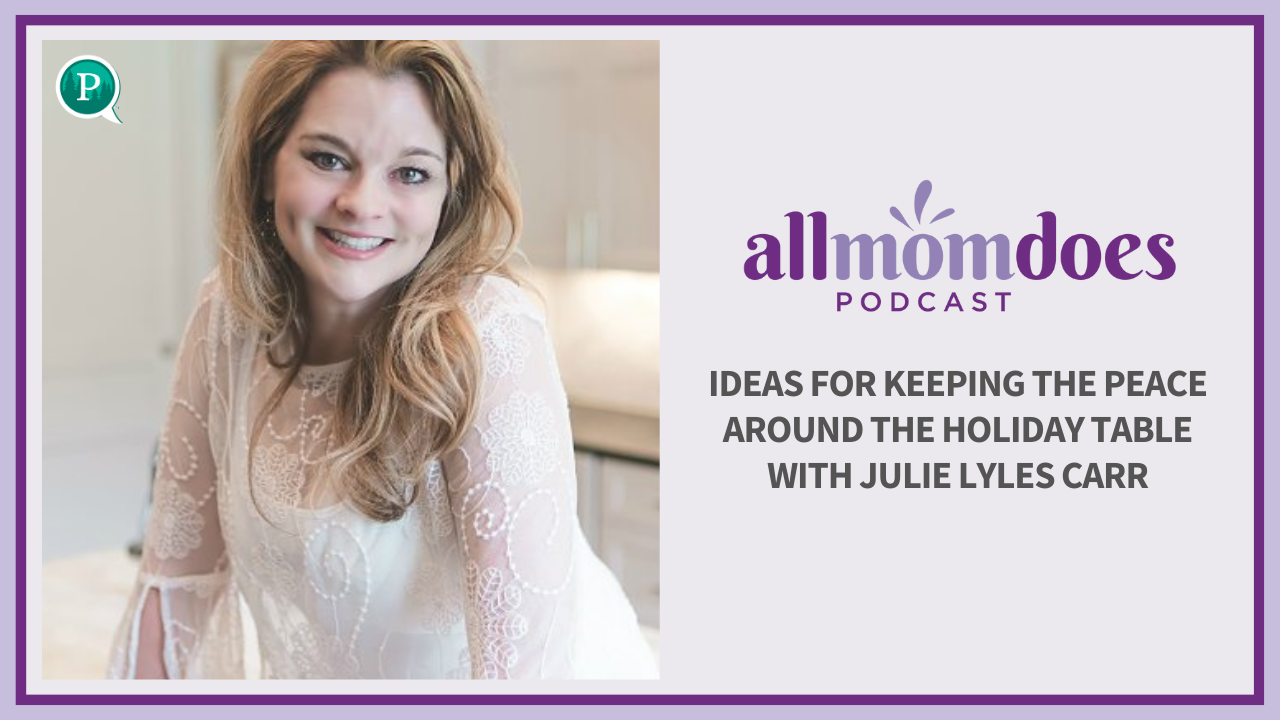This week we’re tackling an incredibly sensitive and divisive subject: spanking as a form of discipline. Four women have agreed to share with us the reasons why they chose to spank their children, or why they opted not to. This series is not meant to convince anyone that spanking is either right or wrong, but rather to give us each the chance to hear from mothers who have chosen different from us. It also gives us the opportunity to thoughtfully reflect on (and possibly re-evaluate) how we’ve chosen to parent our own children. Find all installments from this series here.
CHILDREN WHO ARE SPANKED ARE MORE LIKELY TO BE ABUSIVE WHEN THEY GROW UP!
The headline leapt off the page and I groaned out loud. “Here we go again,” I thought. I forced myself to read the article and it quickly fell into the usual, biased rhetoric. The first paragraph read:
“Spare the rod, spoil the child” is an archaic saying that gives parents a free pass on physically abusing their children …”
Wait, what?! How did we leap from a swat on the behind to “physically abusing” our children? The article went on to say that if anyone dared to say that their own parents spanked them and they turned out fine, then they might as well come right out in support of slavery because that happened in the past too.
Yes. They really said that.
It’s no wonder that many young families have removed spanking as a disciplinarian option with these kinds of idiotic articles being churned out in the media. It falls in line with the modern, dangerous craze of picking and choosing which parts of God’s word we want to believe and follow, and which of his words we will choose to ignore.
I myself boil it down to this:
Do you believe God knows how to be a Father? Is the Holy Bible a book of truth? Or, is it, like this world would have you believe, an archaic bunch of malarkey? (Helpful Bible verses at the end of this post).
My children were loaned to me from God himself and I felt a huge responsibility to raise them with that in mind. My top priority was to instill in them the characteristics that God would find valuable and useful: faith, empathy, remorse and a conscience.
And, yes, spanking was one of the tools we used to shape our kids into the amazing, faith-filled adults they’ve become (and, there’s not a violent, abusive one in the lot!). Because, spanking is not about child abuse, it’s about discipline, and there’s a huge difference.
We’re not talking about beating children here, or parents who use hitting as a means of releasing their own frustrations. That’s a whole other subject. We’re talking about parenting with clear boundaries so that we can raise children who respect and understand that those boundaries were put there for their benefit (and, the benefit of society).
Here’s the way we did it. Our kids knew that spanking was a possibility. And, because they knew it was a possibility, we rarely had to do it. Our goal was not that our kids would be perfectly behaved at all times, but that they understood what they had done wrong and were remorseful. We always started with a frank conversation and usually that was enough. For more serious indiscretions, a grounding or time out would be added. It was only when a child continued to be disrespectful that a swat was used. That told our kids that the issue at hand was of dire importance and they needed to pay attention.
Each of our kids had different disciplinary needs. We had kids who burst into remorseful tears if we just said their names in a serious tone. And, we had kids who loved to push the boundaries and often paid no attention to admonition unless a swat on the behind was administered. I once asked one of my strong-willed kids if she was angry about all the discipline we gave her. She answered, “No! If you hadn’t, I would have been out of control!”
I will never forget an article I read when I was raising kids. A police detective was frustrated at the number of kids he saw being arrested and decided to do some research on his own. He asked all the kids coming through his precinct what they wished their parents had done differently. Those tough, street-wise kids all answered the same way: they wished their parents had set up strict boundaries and enforced them! They didn’t want more freedom. They didn’t want to be left alone to do as they pleased and they certainly didn’t want more power. They intrinsically understood God’s method of discipline was best and they craved it.
Right about the time my kids entered school, focus was shifting from raising kids who were respectful and capable of feeling remorse, to kids who had high self-esteem. I worked with young adults for many years and I was beyond shocked at their attitudes of self-importance. When they were disciplined for a wrong-doing, instead of being remorseful, they were furious. They didn’t learn from their mistakes, they had no empathy for others and there was no self-correction. There was only anger that a boss had dared to chastise them. Clearly, whatever weak method of discipline their parents had used was completely ineffective.
Discipline has to be a significant emotional event or it’s worthless. Is a time out enough? Or, is your child just going to their room to play? Is taking a toy away really teaching them the lesson you need them to learn? How does taking “Fluffy” away relate to them stealing candy? Look up examples of how God disciplined his beloved children. He is certainly not a weak, ineffective father!
This short article by Chip Ingram brilliantly lays out the proper way to implement God’s word on disciplining kids. It’s well worth the read (or even printing!).
I would further ask you these questions:
Are you afraid of your child’s possible bad behavior when heading to a social event? Do you apologize for your child? Do you leave your child at home as often as possible? Have you noticed that your friends have begun suggesting adult-only events?
These are wake-up calls, parents. The good news is that by consistently using God’s principals for discipline, you will see a dramatic change in your children and in your family life as well.
Too much power corrupts even the most well-adjusted adults. In the hands of a child, it is disastrous.
If you need more proof, I’ve listed just a few scripture verses that speak on the subject. Remember, God sees the future. He disciplines us to spare us from future sorrow. And, that should be the goal of every parent too.
Proverbs 23:13-14 – “Do not withhold discipline from a child; if you punish them with a rod, they will not die. Punish them with the rod and save them from death.”
Proverbs 22:15 – “A child’s heart has a tendency to do wrong, but the rod of discipline removes it far from him.”
Proverbs 29:15 – “A rod and reproof impart wisdom, but a child who is unrestrained brings shame to his mother.”
Proverbs 13:24 – “Whoever does not discipline his son hates him, but whoever loves him is diligent to correct him.”
Hebrews 12:6 – “The Lord disciplines everyone he loves. He severely disciplines everyone he accepts as his child.”
Do you spank as a form of discipline in your family? Why or why not? Differing opinions are always welcome, but kindness and respect are expected when commenting.

















